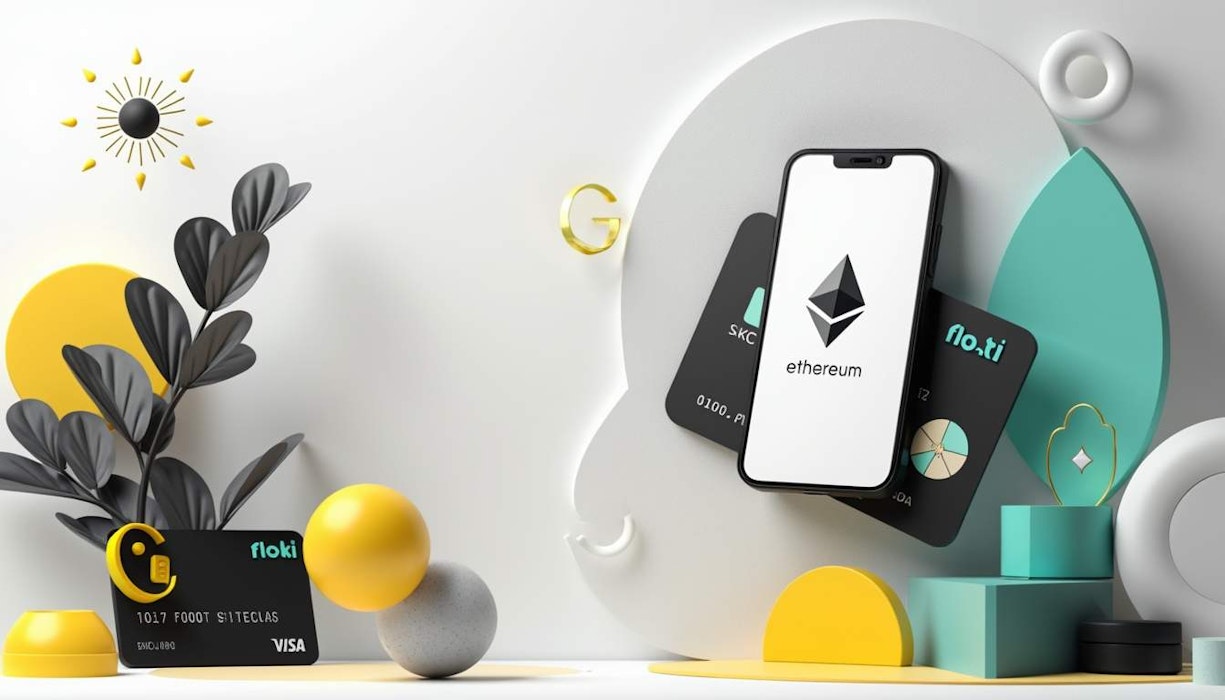Floki just teamed up with Mastercard to roll out a crypto debit card in 31 countries across Europe. The goal? To make spending crypto as easy as swiping a traditional card. This is quite a leap in the world of digital payments, right?
Major Markets and Reach
The card is live in some major European markets like France, Germany, Spain, and Italy. Both physical and virtual cards are available, which means they can reach users globally. The physical card is limited to Europe for now, but the virtual one can be used worldwide. It's a smart move, giving users options, but the physical limitation does raise some eyebrows.
Broad Blockchain Support
What stands out is that the card supports multiple blockchains. You can load it with various coins, including FLOKI, Bitcoin, Ethereum, Tether, and USD Coin, across eight blockchains with more to come. This is a good range, but it does make you wonder how easy it’ll actually be to manage all those assets.
No Fees? Really?
Now, this is where it gets interesting. There are no transaction fees at all for regular purchases or currency conversions. This one really caught my attention because who doesn’t hate those little fees chipping away at your holdings? However, it does seem too good to be true, doesn’t it?
The Cost of Getting One
The physical card costs €32 and shipping, while the virtual one is just €10. Both require a 2% top-up fee whenever you load them, which is a one-time fee. The physical card will eventually roll out to more countries, but the virtual card is already available globally. It’s nice that they’re making it available to crypto local users, but it’s still a cost, isn't it?
Regulation's Double-Edged Sword
Regulations in Europe, like MiCAR, are impacting how these cards operate. Providers must get authorization from their National Competent Authority (NCA) to work in the EU. This is a way to ensure user protection and transparency, but it can slow things down.
Then there’s the AMLD which imposes strict KYC rules, requiring users to provide ID and proof of address. More security is good, but the onboarding process might feel like a slog to some.
Security in a Multi-Chain World
Multi-blockchain support sounds great, but what are the security implications? If the card is lost or stolen, anyone can access the funds. Most cards offer fraud protection, but it varies, so you have to trust the issuer.
Most of these cards are issued by central banks, which can impose limits and fees. It’s ironic, considering they’re tied to decentralized assets.
The card will likely use 2FA and biometric security, but it’s still a risk. Multi-signature wallets could make it safer, but that’s not a guarantee.
A Lifeline in Unstable Economies
A virtual crypto debit card could help with financial inclusion in hyperinflationary economies. In these unstable environments, using virtual currencies can be more stable than local fiat. This lets people access the digital economy and engage in transactions without needing banks.
The cards can provide services that traditional banks don’t, especially in high-inflation countries. It’s a solid option for those who can't rely on the local currency.
By skipping KYC, almost anyone can access the global economy. This is a plus, ensuring privacy and worldwide access, especially for those in shaky economic situations.
Overall Thoughts
Floki’s new Mastercard partnership is an interesting development. With multi-blockchain support, no fees, and both physical and virtual options, it's a unique way to spend crypto. Sure, there are regulatory hurdles and security risks, but the potential for financial inclusion in hyperinflationary economies can't be overlooked. As Floki continues to innovate, this card might play an important role in the future of digital payments.
